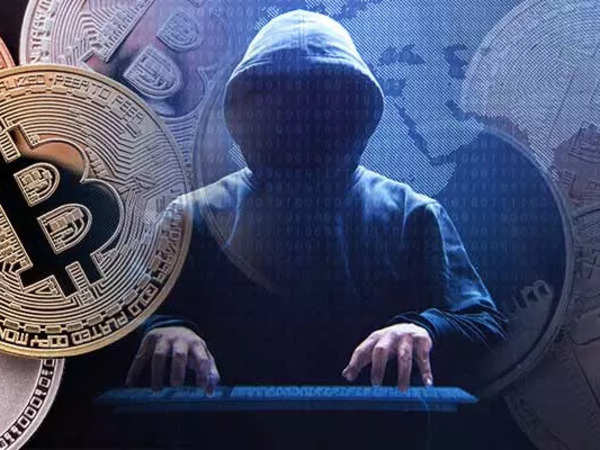In a shocking revelation, Microsoft recently unveiled that China-backed hackers successfully pilfered a digital consumer key, subsequently exploiting it to infiltrate US government emails.
This audacious cyberattack has sent shockwaves through corporate and government circles, leaving experts in awe of the audacity and scale of the breach.
In this report, we delve into the details of how cybercriminals executed one of the most significant data breaches in recent history.
The threat actor behind this audacious cyberattack, identified as Storm-0558 and believed to be operating from China, cunningly acquired a Microsoft account (MSA) consumer key. This innocuous-sounding key became their digital skeleton key, granting them unfettered access to sensitive information held within the confines of the US government’s digital infrastructure.
Microsoft’s investigation, triggered by the breach, revealed a shocking discovery: a consumer signing system crash in April 2021 inadvertently captured a snapshot of the crashed process, commonly known as a crash dump. This crash dump, while typically excluding sensitive information, should never include the signing key, an essential component for safeguarding the integrity of user data.
The security breach hinged on an unexpected vulnerability within Microsoft’s infrastructure—a race condition. In essence, this vulnerability allowed the digital consumer key to be present within the crash dump, an oversight that has since been rectified by Microsoft’s vigilant security experts.
Microsoft elaborated on the issue, stating, “The key material’s presence in the crash dump was not detected by our systems,” but reassured the public that this issue has been resolved. Unfortunately, this oversight proved to be the Achilles’ heel that hackers had been waiting for.
Read also: North Korean Hackers Spread Malware Using Seoul’s “Halloween Crush” – Google
Infiltrating Government Emails
Armed with this digital skeleton key, the hackers successfully infiltrated both personal and enterprise email accounts hosted by Microsoft, affecting numerous government officials. This breach not only compromised sensitive government communications but also raised concerns about the overall security of the digital infrastructure relied upon by the United States government.
Microsoft further disclosed that the crash dump, initially believed to be devoid of key material, was subsequently moved from the isolated production network into their debugging environment, which was connected to the broader corporate network. This unintended transfer provided the hackers with an opportunity to exploit the situation further, ultimately leading to the infiltration of government emails.
Implications for National Security
The breach’s implications are far-reaching, with potential ramifications for national security and the safety of sensitive government information. Government officials and cybersecurity experts are now grappling with the aftermath, urgently working to contain the damage and enhance digital defenses to prevent future cyberattacks.
The audacity and sophistication of this breach underscore the relentless nature of cyber threats in the modern world. Governments, corporations, and individuals must remain vigilant and continually adapt their cybersecurity measures to counter evolving threats.
Microsoft’s Response: A Commitment to Security
In response to this breach, Microsoft has taken immediate steps to shore up its security infrastructure. They have not only corrected the race condition vulnerability but also pledged to enhance their monitoring systems to detect similar anomalies in the future. Microsoft’s commitment to security and its swift response to the breach reflects its dedication to safeguarding user data and preventing such incidents from happening again.
A Stark Reminder of Cyber Vulnerabilities
The breach orchestrated by China-backed hackers serves as a stark reminder of the vulnerabilities that exist in the digital realm. No organization, no matter how large or sophisticated, is immune to the relentless efforts of cybercriminals. As the world becomes increasingly interconnected, the importance of robust cybersecurity measures cannot be overstated.
In the wake of this cyber heist, governments, corporations, and individuals must unite in their efforts to fortify digital defences, share threat intelligence, and stay one step ahead of those who seek to exploit our interconnected world for nefarious purposes.
This breach, while alarming, can also serve as a catalyst for strengthening cybersecurity practices worldwide, ultimately ensuring a safer and more secure digital future for all.
